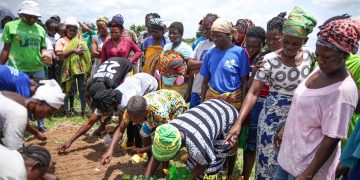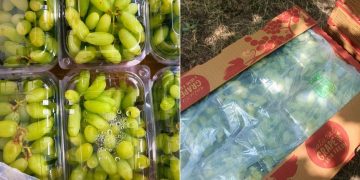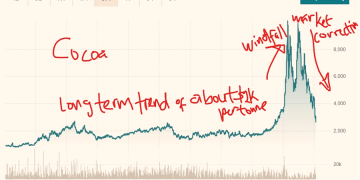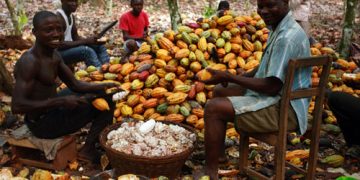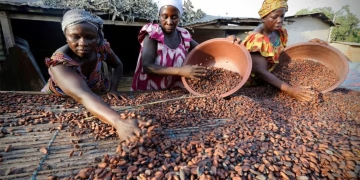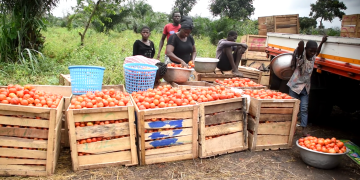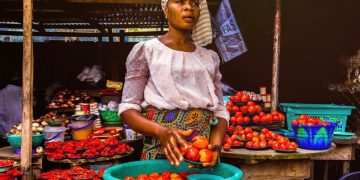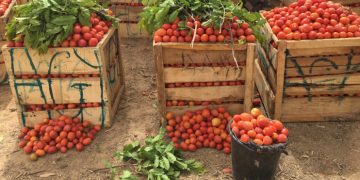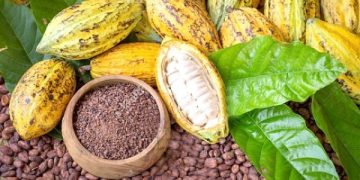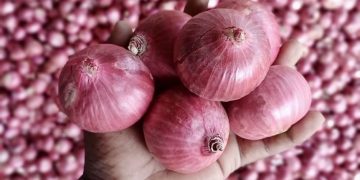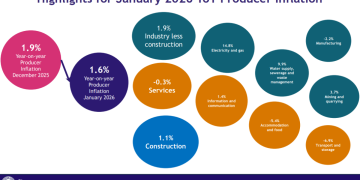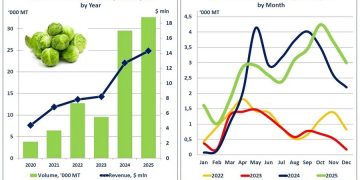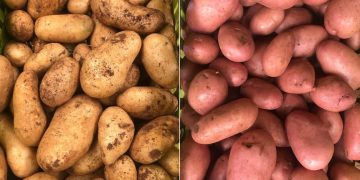The Chief Executive Officer of the Chamber of Agribusiness Ghana, Anthony Morrison, has called on the government to lift existing restrictions on grain exports to stimulate agricultural trade and unlock new market opportunities for local farmers.
Speaking during the 7th edition of Agrofood and Plastprintpack Ghana 2025, Mr. Morrison explained that the export ban on grains, which has been in place since 2024, continues to hinder growth and create inefficiencies within the agricultural value chain.
“There is currently a restriction and export ban on grains across the board that has been in force since 2024. What the Chamber wants to propose to the government is to remove the export ban in light of the glut in production,” he noted.
According to him, the ongoing restrictions are limiting the industry’s capacity to trade effectively and respond to market demand. “This restriction is creating challenges for the sector. The solution is to remove the ban and allow exporters to operate freely,” he added.
Mr. Morrison further proposed that the government adopt a quota-based system to ensure stability in both domestic supply and export trade. “Government can set annual quotas for rice imports and determine specific quantities for exports of crops such as maize, rice, and soya. This approach would create flexibility and allow the sector to grow sustainably,” he said.
Adding to the discussion, Gregor Schneider, Trade Counselor at the Delegation of the European Union to Ghana, urged agribusinesses to protect their innovations through patent registration.
“When you develop a new preservation technique, make sure to secure your innovation with a patent,” he advised, emphasizing that safeguarding intellectual property is essential for sustaining innovation and competitiveness within the agricultural sector.
The 7th Agrofood and Plastprintpack Ghana 2025, organized by Fairtrade Messe in collaboration with ACE Group and Geovision, convened international industry leaders, innovators, and policymakers committed to shaping the future of agribusiness, food processing, plastics, and packaging across West Africa.
Participating nations included China, Côte d’Ivoire, Egypt, Germany, Ghana, India, Kenya, the Netherlands, Nigeria, South Africa, South Korea, Sri Lanka, Switzerland, Thailand, and the United Arab Emirates.

